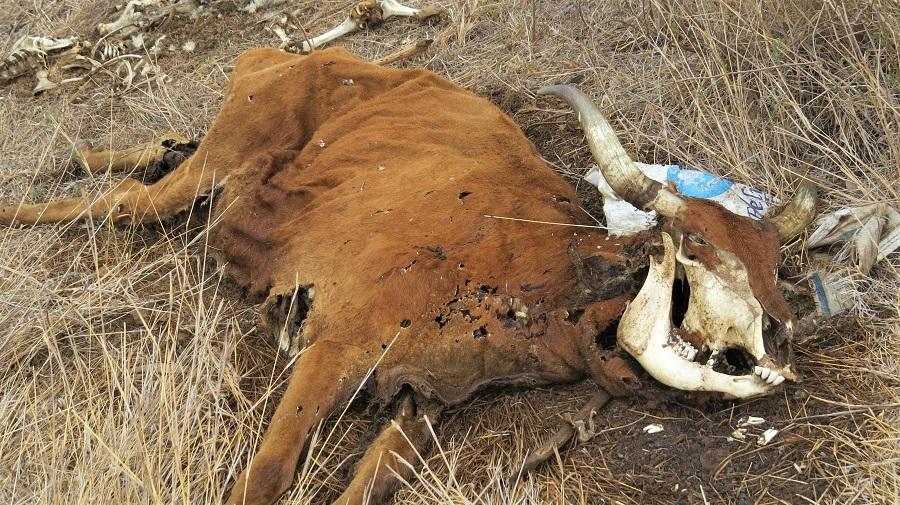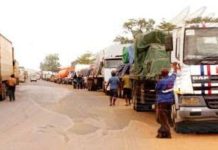Africa-Press – Mozambique. A rare disease caused by ticks has killed close to 400 head of (Bovine) cattle since the start of last year in Chinhambudzi, a region which borders Zimbabwe, in Manica province.
The fact was confirmed by the head of the Livestock Department at the Provincial Directorate of Agriculture of Manica, Gemes Deves, who said a technical team was already on site investigating the situation and devising appropriate preventative measures.
Samples taken from infected animals indicate that the disease is caused by the pathogens anaplasmode, dadeziose and riquizione, which are transmitted by ticks.
Deves confirmed that the disease broke out in February 2021, initially killing 195 cattle in the village of Chinhambudzi before spreading to neighbouring regions, Sussundenga being of greatest concern.
Deves said efforts were being made to prevent the disease from spreading. Breeders in both the district of origin and its neighbours were being told to subject their herds to regular dipping to contain the outbreak.
“We advise the population to weekly take their cattle to the in dip tanks (DTs) containing an acaricide, in order to reduce mortality. This is an emergency solution which will help reduce deaths while proactive measures are identified,” Deves said.
Local leaders alarmed
Chinhambudzi locality head Ricardo Chada said he was aware of the spread of the disease from his locality to other parts of Manica district and others, to the great concern of breeders.
“Animal traction is the guarantee of food and nutritional security for the population, as it greatly increases productivity. Significant cattle deaths compromise both agricultural activity and meat supply,” he said.
Panganai Candeeiro, community leader of the village of Manhene, in one of the regions worst affected by the outbreak, said veterinary authorities must urgently stop the epidemic, so as to prevent great losses to farmers.
He said that the animals were dying, jeopardising one of the main sources of income.
“Measures aimed at eradicating the disease, which is decimating cattle, should not be delayed, at the risk of farmers losing more animals,” he said.
The community leader of Manhene said the population was already feeling the effects, animal traction having been little used in the 2021-2022 growing campaign, resulting in a reduction in agricultural productivity in the region.
Before the scale of the outbreak was properly understood, people were consuming and selling the meat of animals that succumbed, despite having been instructed to bury the carcasses to avoid the spread of zoonotic diseases.
John Mataruca, leader of Nhaconza locality in Chinhambudzi, said that the die-off of cattle would affect the survival of families there, because cattle were one of their main sources of income.
For More News And Analysis About Mozambique Follow Africa-Press






